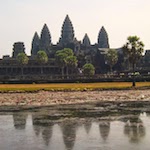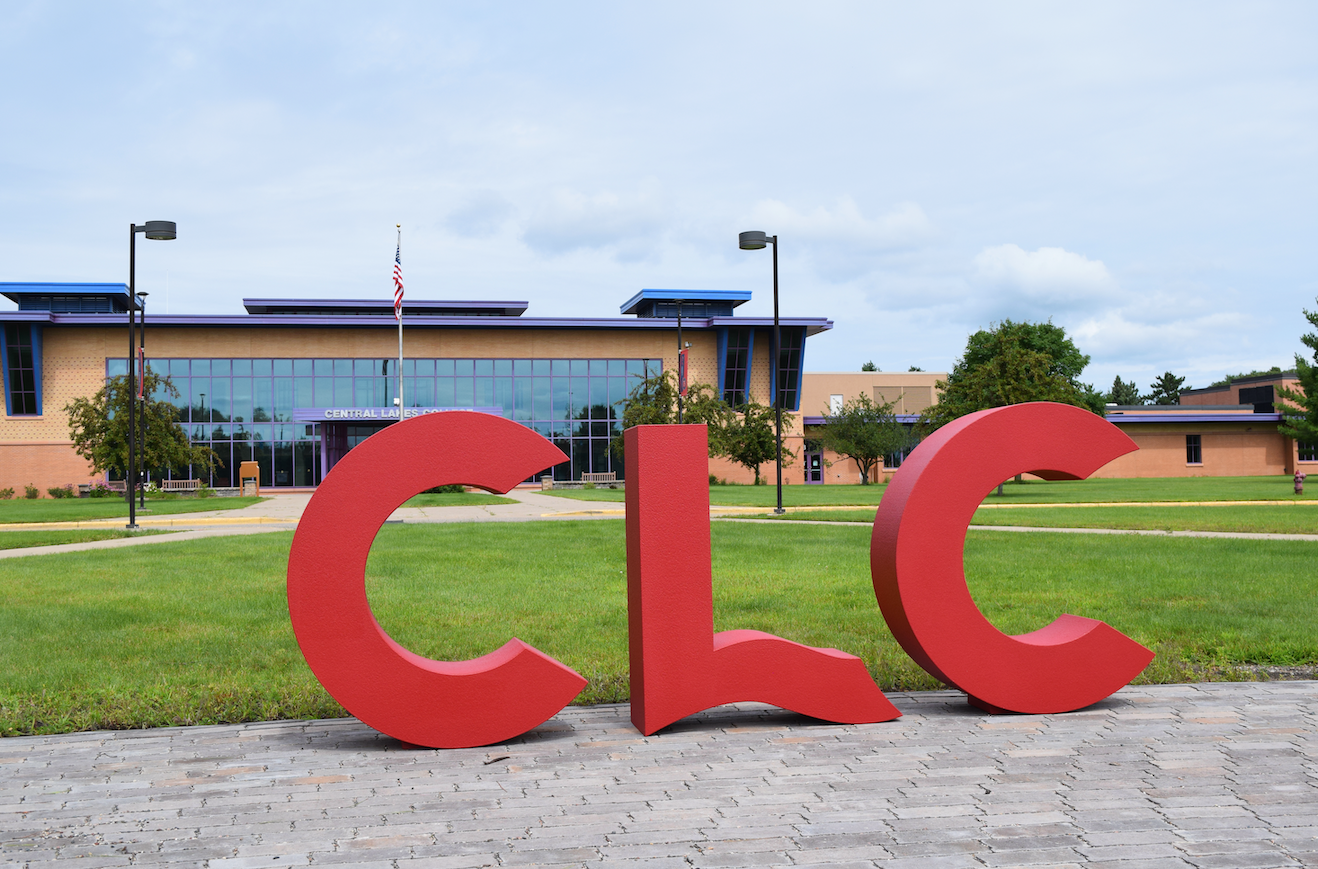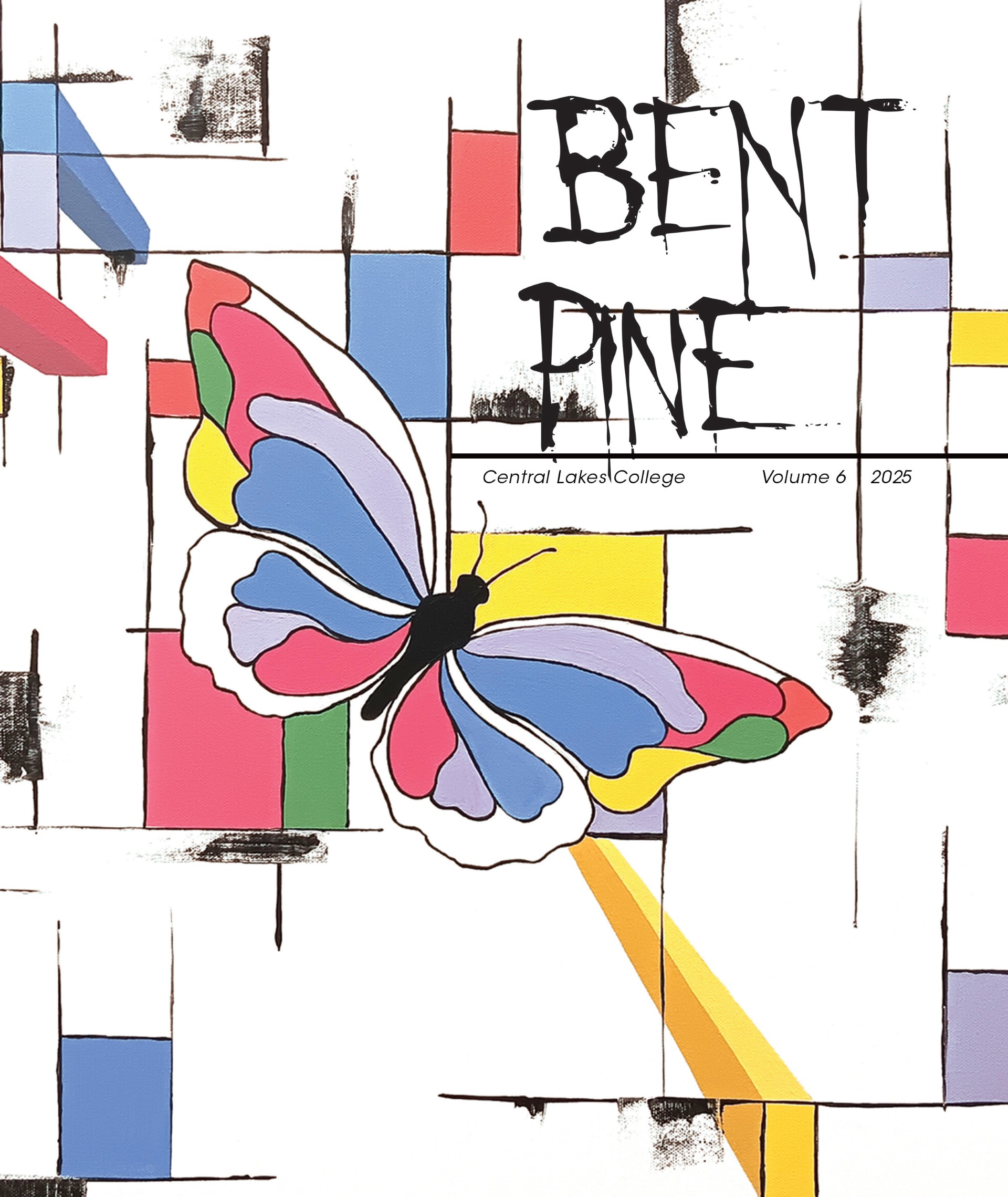 Central Lakes College Anthropology Instructor, Fred Sutherland, recently returned from an adventure to Southeast Asia and will be sharing his photos and impressions during the upcoming Cultural Thursday presentation on March 5 entitled “Cambodia and Vietnam: Where past and present collide”. Come explore the largest religious complex in the world, see a landscape where ancient and modern cultures collide, and learn how a region commemorates a tragic past. The presentation will be held at noon in the Chalberg Theatre on the Brainerd campus of Central Lakes College.
Central Lakes College Anthropology Instructor, Fred Sutherland, recently returned from an adventure to Southeast Asia and will be sharing his photos and impressions during the upcoming Cultural Thursday presentation on March 5 entitled “Cambodia and Vietnam: Where past and present collide”. Come explore the largest religious complex in the world, see a landscape where ancient and modern cultures collide, and learn how a region commemorates a tragic past. The presentation will be held at noon in the Chalberg Theatre on the Brainerd campus of Central Lakes College.
Sutherland started his visit in Siem Reap, Cambodia near the temple complex at Angkor Wat (the largest religious structure in the world), then spent some days in the capital, Phnom Penh where he saw the royal palaces and booming developments in the city. Next, he traveled down the Mekong River to the small ferry town of Chau Doc, Vietnam. Lastly, he spent the end of the tour in and around Saigon/Ho Chi Minh City. Sutherland viewed several ancient, historic, and recent temples, shrines, and cathedrals. He also visited museums of art and history, including sites of conflict and tragedy (political prisons, and tunnels from the Vietnam War). He was able to visit modern-day street markets and food stalls in both countries. Sutherland was also fortunate to visit many different places where traditional crafts like silk weaving, stone carving, pottery, and more were being practiced. He spent some time in the countryside of rice paddies and floating villages along the river shore “to see what life was like for those outside the major cities”.
Sutherland states that his trip was “a chance to learn about cultures from a region with a fascinating and at times tragic history.” He continues, “I was profoundly affected by the dramatic differences I witnessed between those doing well and those who were struggling, both groups living side by side. The changing landscape of developments funded by foreign governments and companies is disrupting how the rural poor have been making their livings. The rapid development is also causing levels of pollution to increase faster than services can manage it.” He advises “we as visitors are both part of the problem and solution to the situations I saw. The manner in which we visit and engage with the people in these countries can dramatically affect the way the region develops. Being a thoughtful traveler, supporting local craftspeople, and patronizing places that empower marginalized groups can make a difference.”
 CLC News The news and events from Central Lakes College
CLC News The news and events from Central Lakes College



